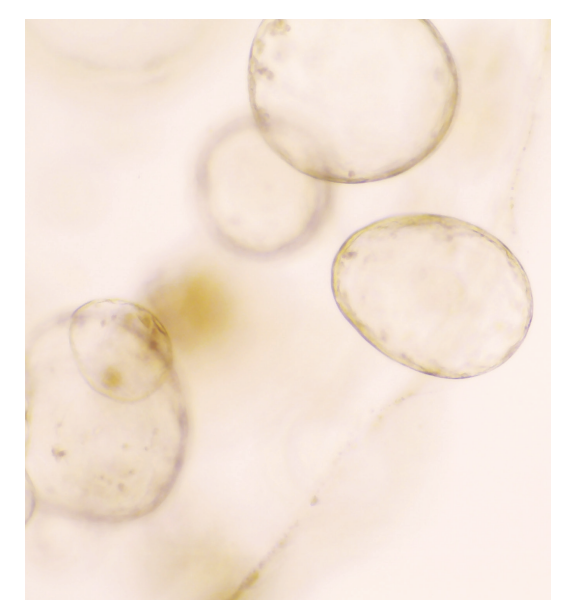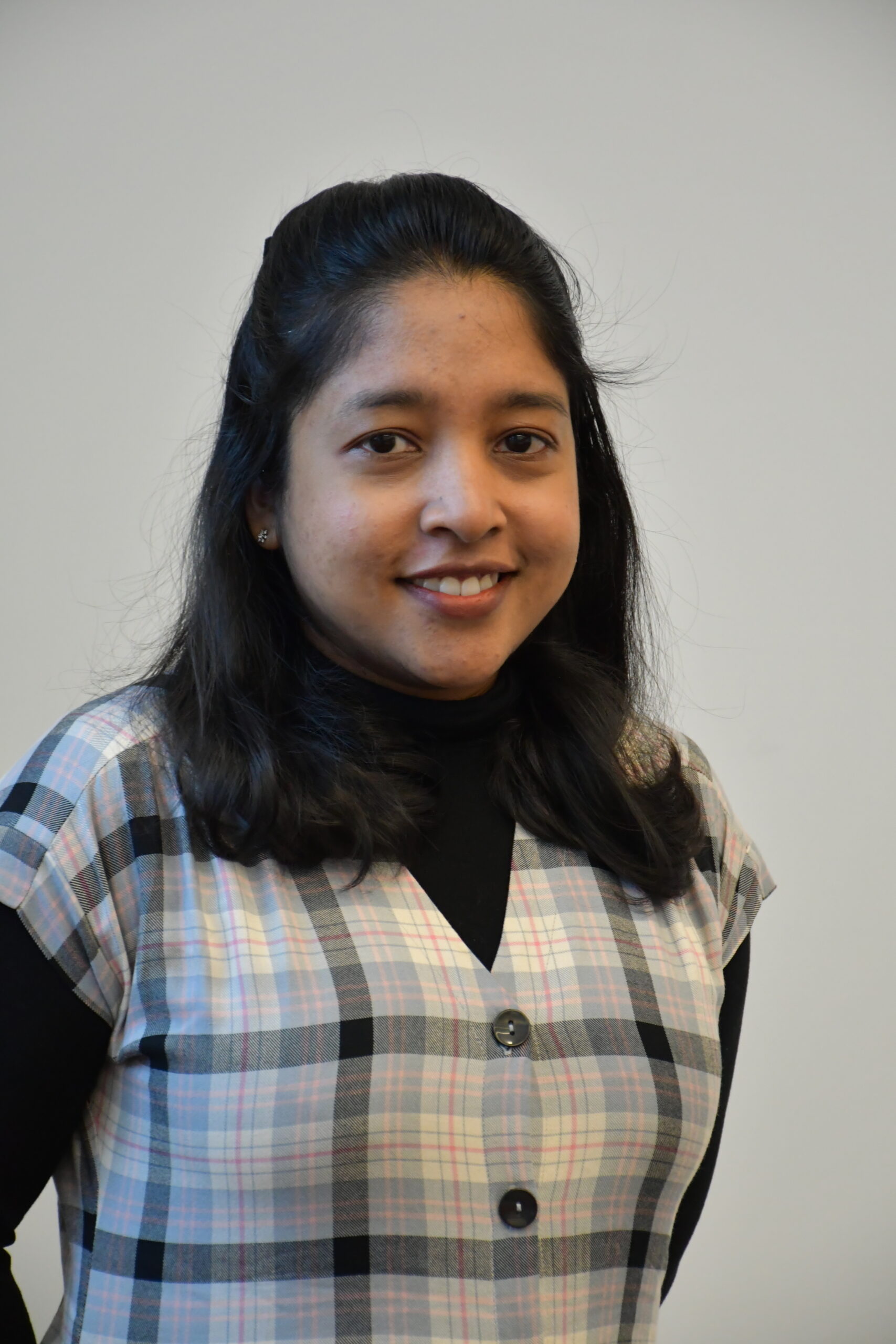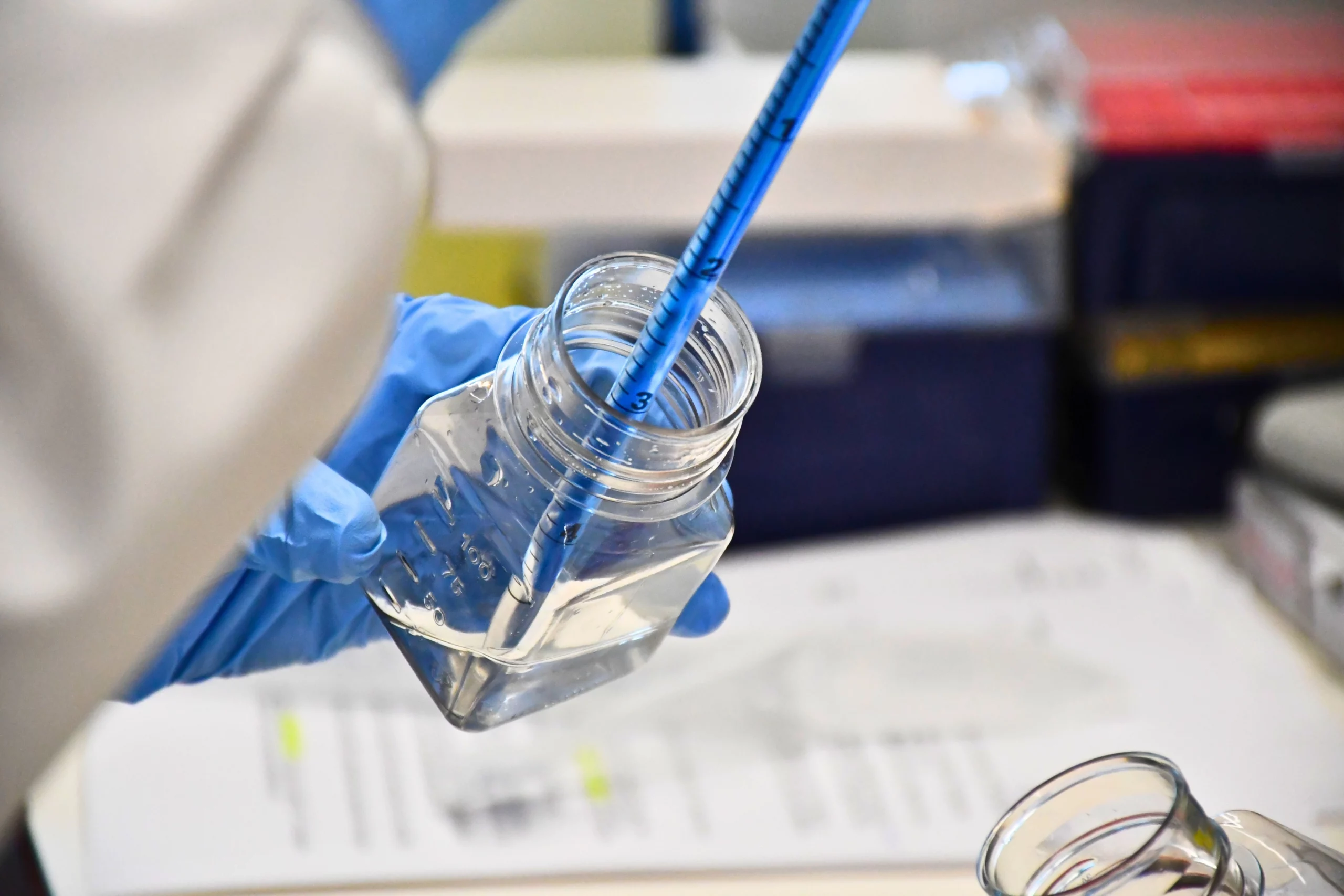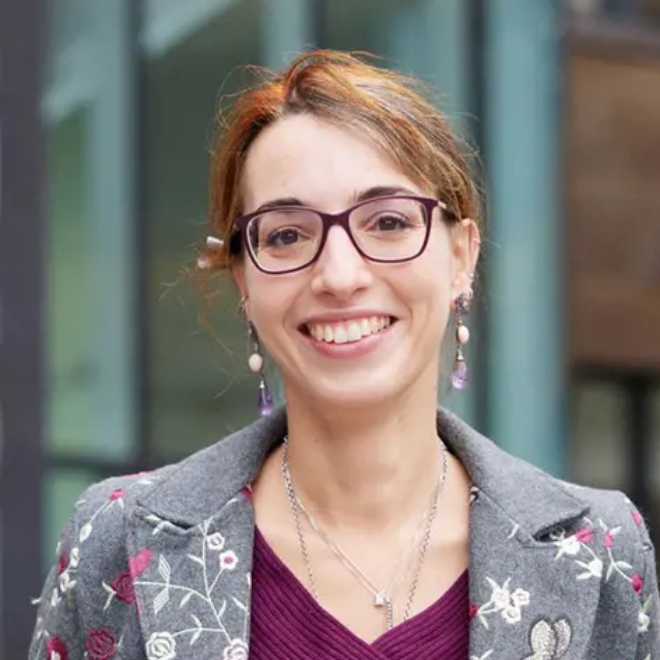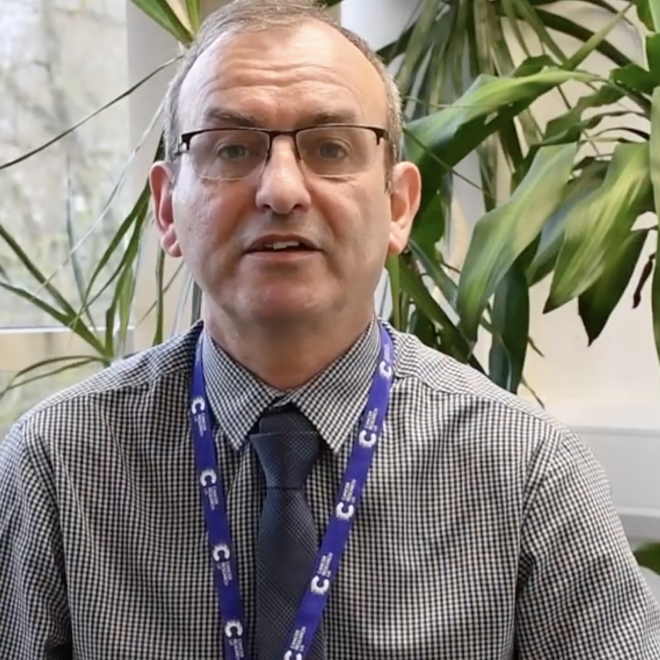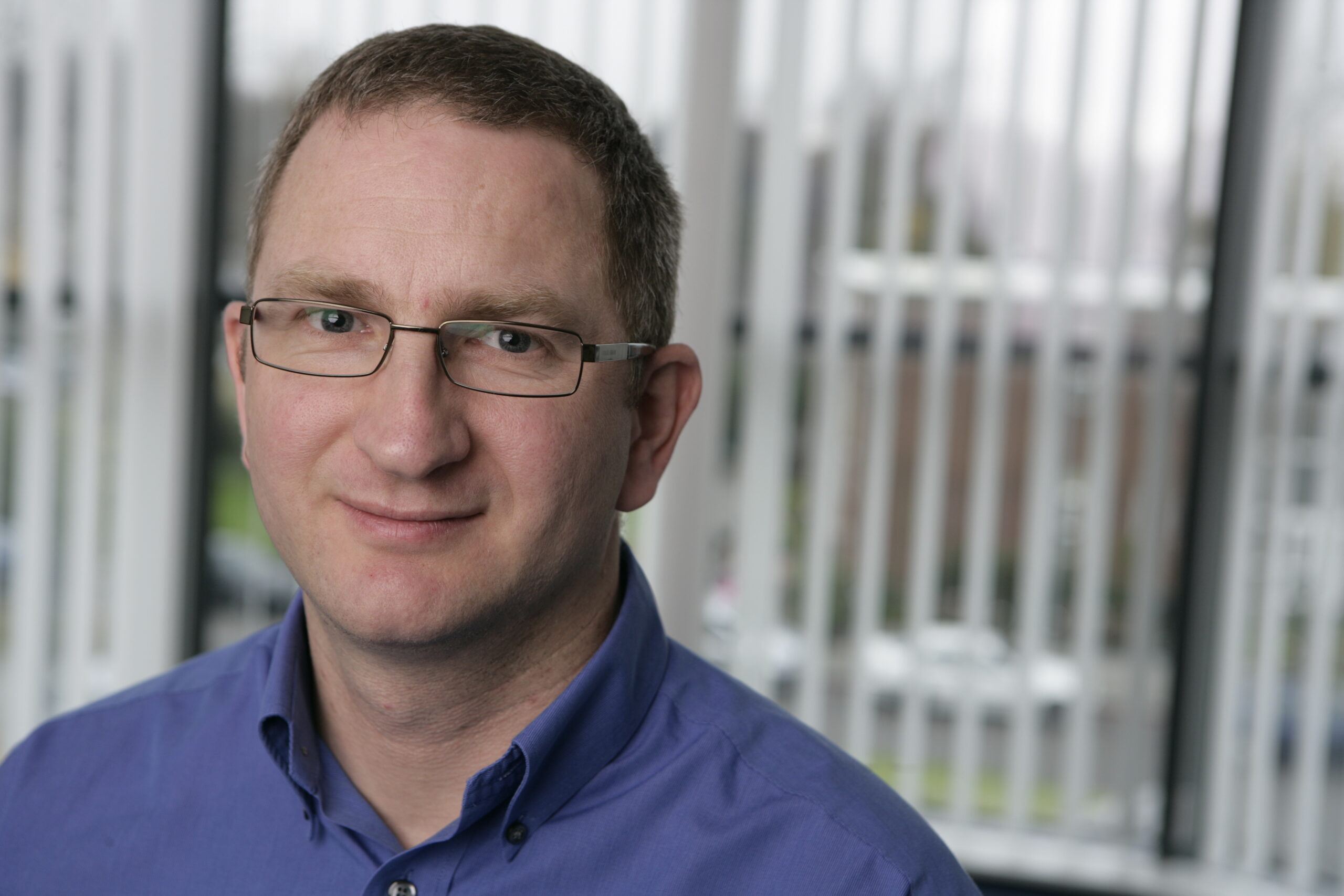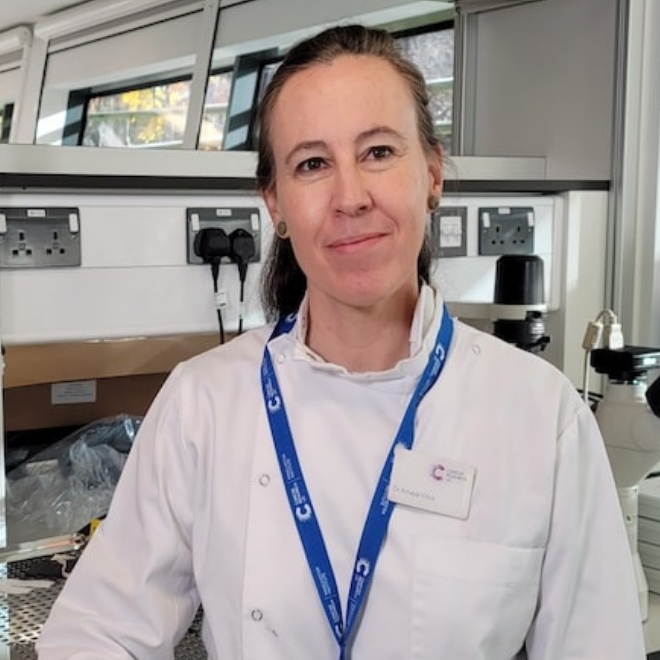Article highlights & insights
Although small cell lung cancer (SCLC) is treated as a homogeneous disease, biopsies and preclinical models reveal heterogeneity in transcriptomes and morphology. SCLC subtypes were recently defined by neuroendocrine transcription factor (NETF) expression. Circulating-tumour-cell-derived explant models (CDX) recapitulate donor patients’ tumour morphology, diagnostic NE marker expression and chemotherapy responses. We describe a biobank of 38 CDX models, including six CDX pairs generated pretreatment and at disease progression revealing complex intra- and intertumoral heterogeneity. Transcriptomic analysis confirmed three of four previously described subtypes based on ASCL1, NEUROD1 and POU2F3 expression and identified a previously unreported subtype based on another NETF, ATOH1. We document evolution during disease progression exemplified by altered MYC and NOTCH gene expression, increased ‘variant’ cell morphology, and metastasis without strong evidence of epithelial to mesenchymal transition. This CDX biobank provides a research resource to facilitate SCLC personalised medicine.
Although small cell lung cancer (SCLC) is treated as a homogeneous disease, biopsies and preclinical models reveal heterogeneity in transcriptomes and morphology. SCLC subtypes were recently defined by neuroendocrine transcription factor (NETF) expression. Circulating-tumour-cell-derived explant models (CDX) recapitulate donor patients’ tumour morphology, diagnostic NE marker expression and chemotherapy responses. We describe a biobank of 38 CDX models, including six CDX pairs generated pretreatment and at disease progression revealing complex intra- and intertumoral heterogeneity. Transcriptomic analysis confirmed three of four previously described subtypes based on ASCL1, NEUROD1 and POU2F3 expression and identified a previously unreported subtype based on another NETF, ATOH1. We document evolution during disease progression exemplified by altered MYC and NOTCH gene expression, increased ‘variant’ cell morphology, and metastasis without strong evidence of epithelial to mesenchymal transition. This CDX biobank provides a research resource to facilitate SCLC personalised medicine.
Institute Authors
Group leader
Labs & Facilities
Research topics & keywords
Meet the Research Team
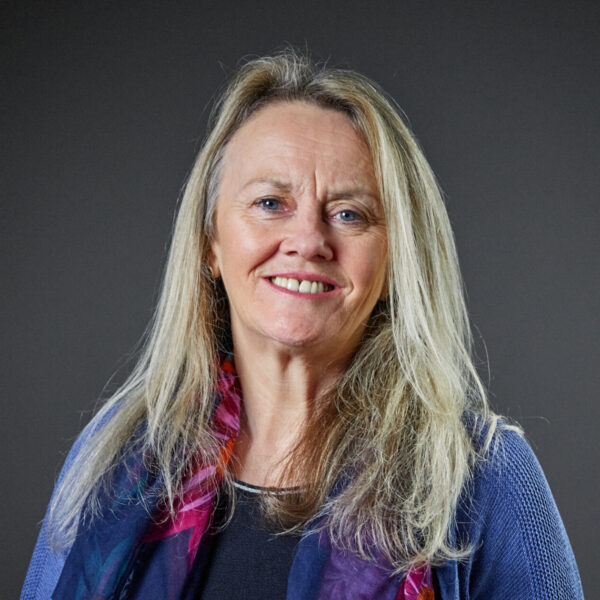
Director & Senior Group Leader
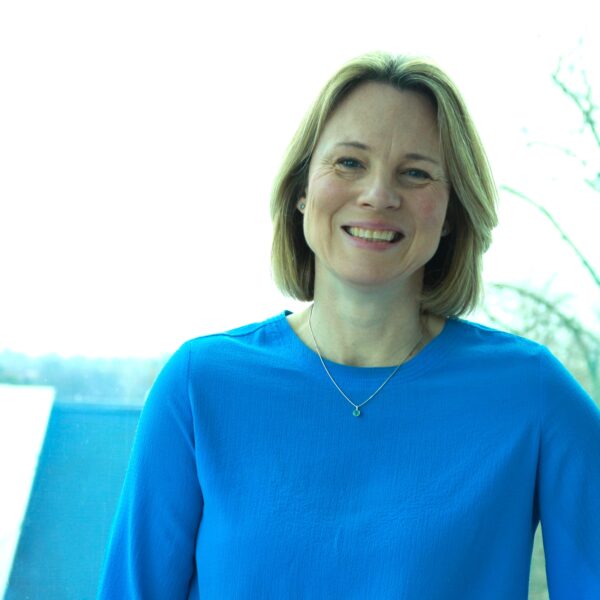
Team Lead
Postdoctoral Scientist
All publications
https://doi.org/10.1016/j.ccell.2025.04.001
Stromal lipid species dictate melanoma metastasis and tropism
24 April 2025
Institute Authors (5)
Amaya Viros, Duncan Smith, Garry Ashton, Alex Baker, Tim Somervaille
Labs & Facilities
Biological Mass Spectrometry, Histology, Visualisation, Irradiation and Analysis
Research Group
Skin Cancer & Ageing
24 April 2025
https://doi.org/10.1038/s41467-025-58343-y
A human model to deconvolve genotype-phenotype causations in lung squamous cell carcinoma
4 April 2025
Institute Authors (4)
Carlos Lopez-Garcia, Robert Sellers, Sudhakar Sahoo, Caroline Dive
Labs & Facilities
Computational Biology Support
Research Group
Translational Lung Cancer Biology
4 April 2025
https://doi.org/10.1186/s12943-024-02157-x
The PI3K-AKT-mTOR axis persists as a therapeutic dependency in KRASG12D-driven non-small cell lung cancer
12 November 2024
Institute Authors (1)
Amaya Viros
Labs & Facilities
Genome Editing and Mouse Models
Research Group
Skin Cancer & Ageing
12 November 2024
https://doi.org/10.1186/s13045-024-01610-0
The small inhibitor WM-1119 effectively targets KAT6A-rearranged AML, but not KMT2A-rearranged AML, despite shared KAT6 genetic dependency
8 October 2024
Institute Authors (6)
Georges Lacaud, Mathew Sheridan, Michael Lie-a-ling, Liam Clayfield, Jessica Whittle, Jingru Xu
Research Group
Stem Cell Biology
8 October 2024
/wp-content/uploads/2024/11/Annual-Report-2023.pdf
2023 Annual Report
13 September 2024
13 September 2024
https://doi.org/10.1126/science.adh7954
Vitamin D regulates microbiome-dependent cancer immunity
25 April 2024
Institute Authors (3)
Evangelos Giampazolias, Maria Koufaki, Santiago Zelenay
Research Group
Cancer Immunosurveillance
25 April 2024
Our Research
Our research spans the whole spectrum of cancer research from cell biology through to translational and clinical studies
Research Groups
Our research groups study many fundamental questions of cancer biology and treatment
Our Facilities
The Institute has outstanding core facilities that offer cutting edge instruments and tailored services from expert staff
Latest News & Updates
Find out all our latest news
Careers that have a lasting impact on cancer research and patient care
We are always on the lookout for talented and motivated people to join us. Whether your background is in biological or chemical sciences, mathematics or finance, computer science or logistics, use the links below to see roles across the Institute in our core facilities, operations teams, research groups, and studentships within our exceptional graduate programme.



